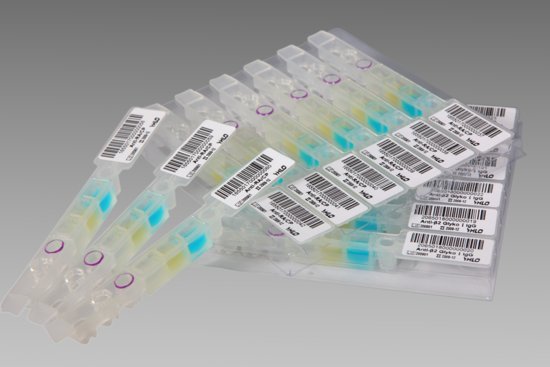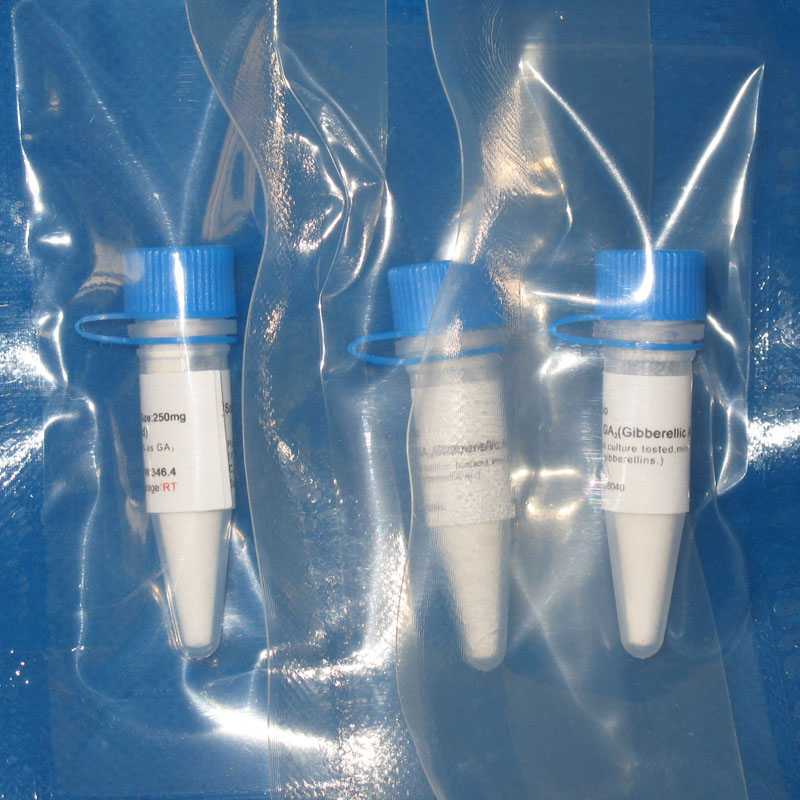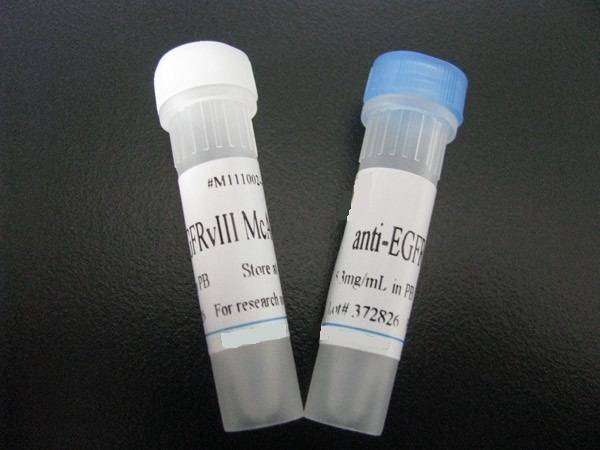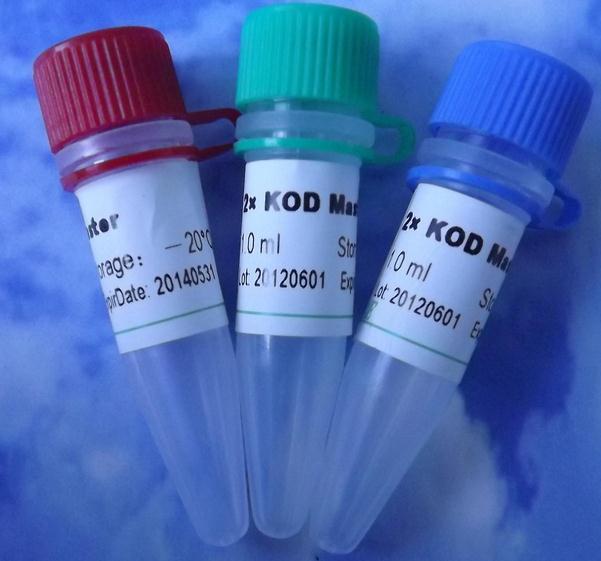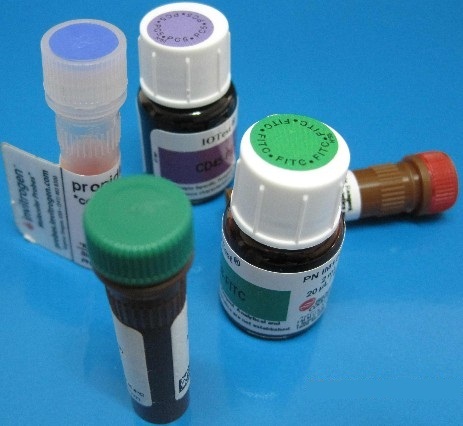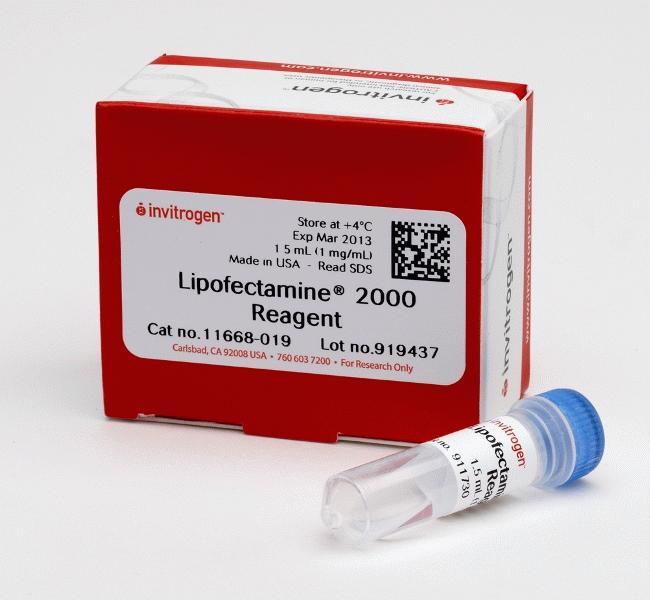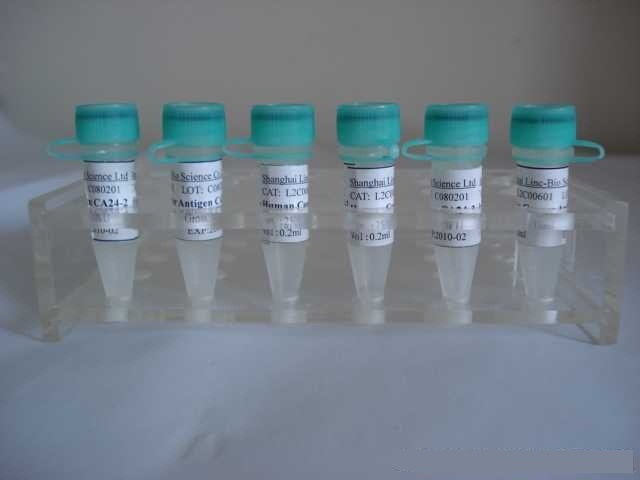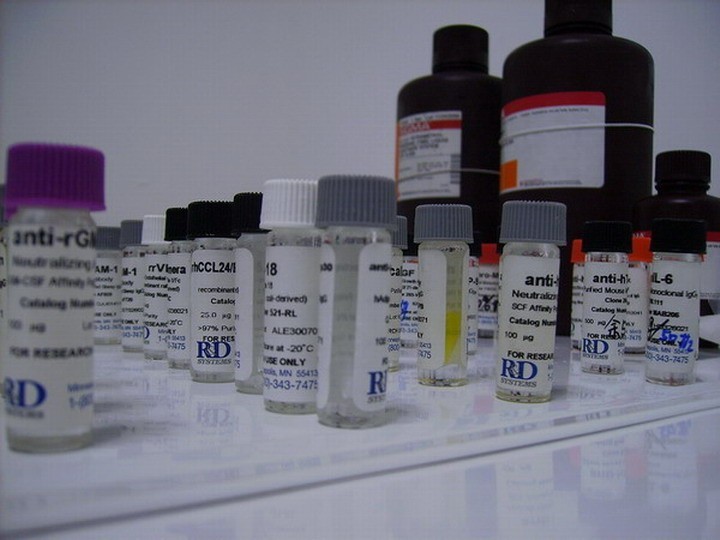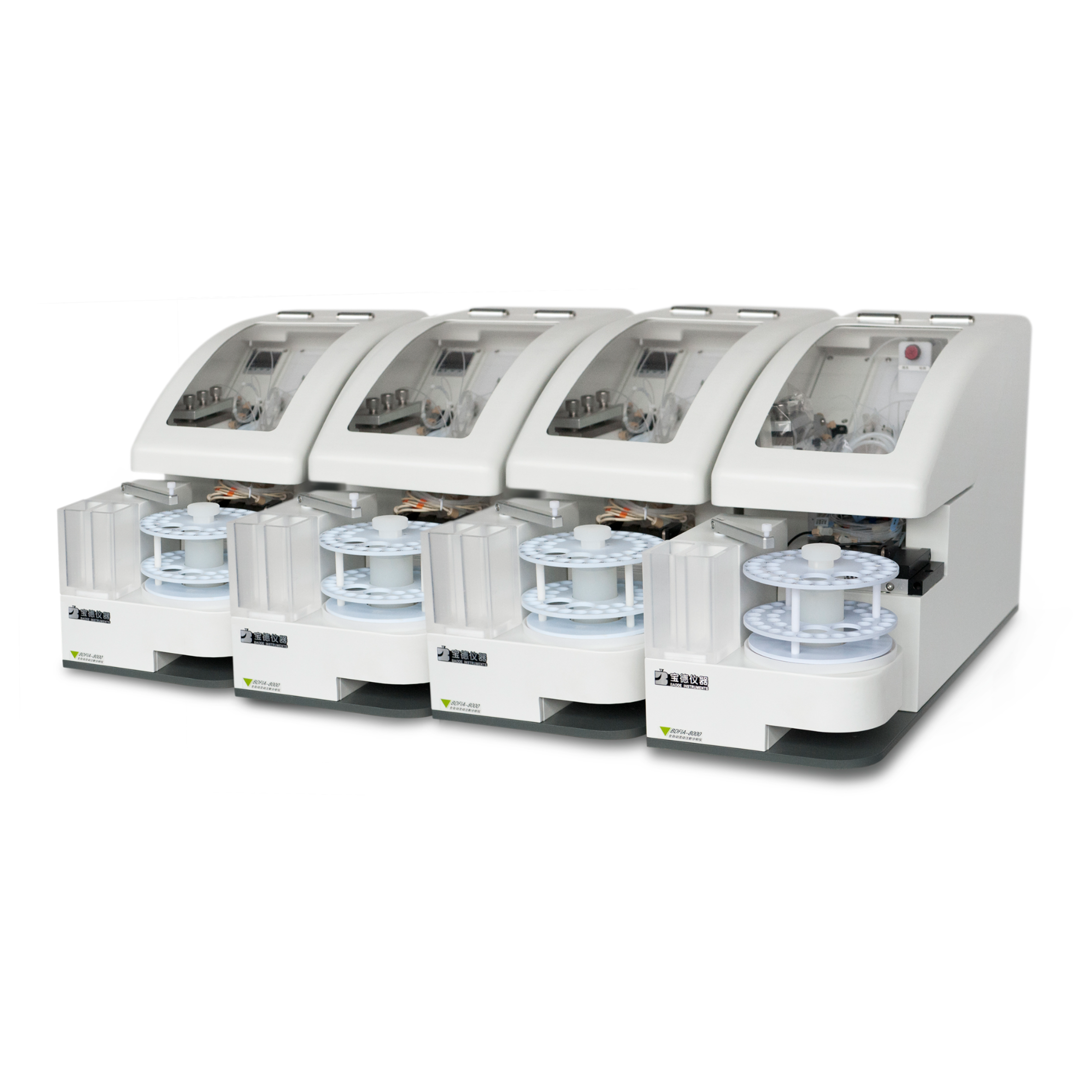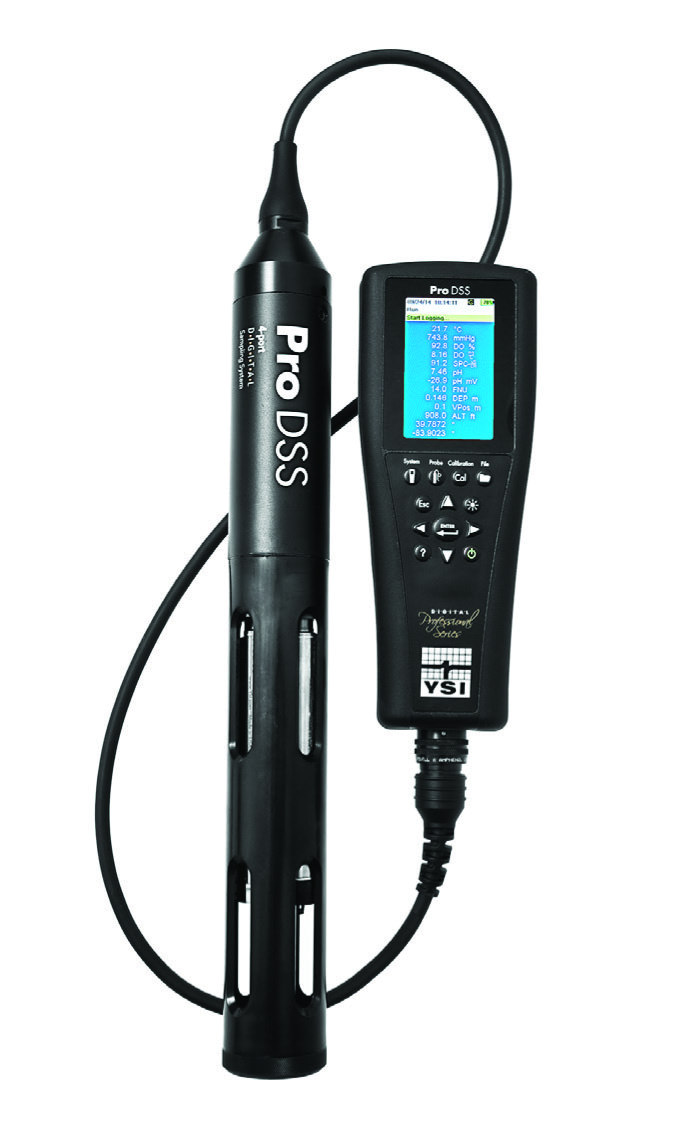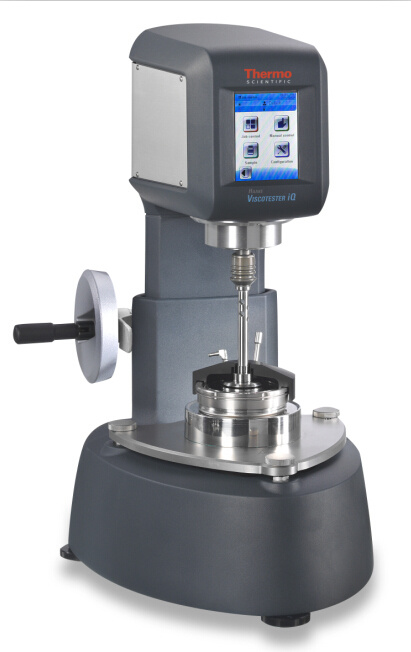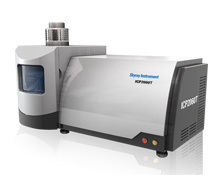DNA结合抑制因子2抗体英文名称 Anti-GIG8/ID2
中文名称 DNA结合抑制因子2抗体
别 名 GIG-8; Helix loop helix protein ID2; ID2A; ID-2; ID2H; Inhibitor of differentiation 2; Inhibitor of DNA binding 2; Inhibitor of DNA binding 2, dominant negative helix loop helix protein; MGC26389; bHLHb26; Cell growth inhibiting gene 8; DNA binding protein inhibitor ID 2; BHLHB26; ID2_HUMAN.
浓 度 1mg/1ml
规 格 0.1ml/100μg 0.2ml/200μg
纯化的抗体可通过不同的途径获取,有些DNA结合抑制因子2抗体可通过下述方法制备或从商家购买。从商家购买的抗体,通常附有正确的储存方法。
1)工作液应在4℃下融化并存放,可能稳定达数月。
2)如果没有特殊原因而避免使用叠氮钠,亦可加入叠氮钠,浓度为0.02%。将纯化的抗体样本分装成合适的体积,于-20℃保存。
3)纯化的抗体溶液应以较高的浓度(如lmg/m1)在中性pH下保存。:常用的抗体储存浓度高达l0mg/ml。较低浓度的抗体冻存前应浓缩。所有标准的浓缩方法(如超滤法),皆可使用。还有一个简单的方法是用蛋白A或蛋白G亲和柱来浓缩溶液。如果纯化的抗体不是用于标记,可将它们以较低浓度储存于加有1%BSA的溶液中。
4)经纯化制备的抗体在常用的缓冲液中是稳定的。其DH应保持在中性左右。如果pH在7-8之间,即使保存多年,对抗体也无损害。多数情况下,盐浓度适于保持在0-150mmol/L之间,但在长期存放的抗体中,盐溶液浓度高达500mmol/L时,对DNA结合抑制因子2抗体能有损害。如果没有其他说明.律议用PBS或50mmol/LTris(DH8.0)溶液长期存放抗体。
抗体来源 Rabbit
克隆类型 polyclonal
交叉反应 Human, Mouse, Rat, Chicken, Dog, Pig, Cow, Horse, Rabbit
产品类型 一抗
研究领域 肿瘤 免疫学 染色质和核信号 信号转导 细胞凋亡 转录调节因子
蛋白分子量 predicted molecular weight: 15kDa
性 状 Lyophilized or Liquid
免 疫 原 KLH conjugated synthetic peptide derived from human GIG8/ID2
亚 型 IgG
纯化方法 affinity purified by Protein A
储 存 液 0.01M PBS, pH 7.4 with 10 mg/ml BSA and 0.1% Sodium azide
产品应用 WB=1:100-500 ELISA=1:500-1000 IP=1:20-100 IHC-P=1:100-500 IHC-F=1:100-500 IF=1:100-500
(石蜡切片需做抗原修复)
not yet tested in other applications.
optimal dilutions/concentrations should be determined by the end user.
保存条件 Store at -20 °C for one year. Avoid repeated freeze/thaw cycles. The lyophilized antibody is stable at room temperature for at least one month and for greater than a year when kept at -20°C. When reconstituted in sterile pH 7.4 0.01M PBS or diluent of antibody the antibody is stable for at least two weeks at 2-4 °C.
Important Note This product as supplied is intended for research use only, not for use in human, therapeutic or diagnostic applications.
DNA结合抑制因子2抗体产品介绍 The protein encoded by this gene belongs to the inhibitor of DNA binding (ID) family, and may play a role in negatively regulating cell differentiation. Members of the ID family are transcriptional regulators that contain a helix-loop-helix (HLH) domain but not a basic domain. They inhibit the functions of basic helix-loop-helix transcription factors in a dominant-negative manner, by suppressing their heterodimerization partners through the HLH domains.
Function : ID (inhibitor of DNA binding) HLH proteins lack a basic DNA-binding domain but are able to form heterodimers with other HLH proteins, thereby inhibiting DNA binding. ID-2 may be an inhibitor of tissue-specific gene expression.
Subunit : Heterodimer with other HLH proteins. Interacts with GATA4, IFI204 and NKX2-5 (By similarity). Interacts with NR0B2.
Subcellular Location : Cytoplasm. Nucleus.
Tissue Specificity : Highly expressed in early fetal tissues, including those of the central nervous system.
Similarity : Contains 1 basic helix-loop-helix (bHLH) domain.
Database links : UniProtKB/Swiss-Prot: Q02363.1
![]()



